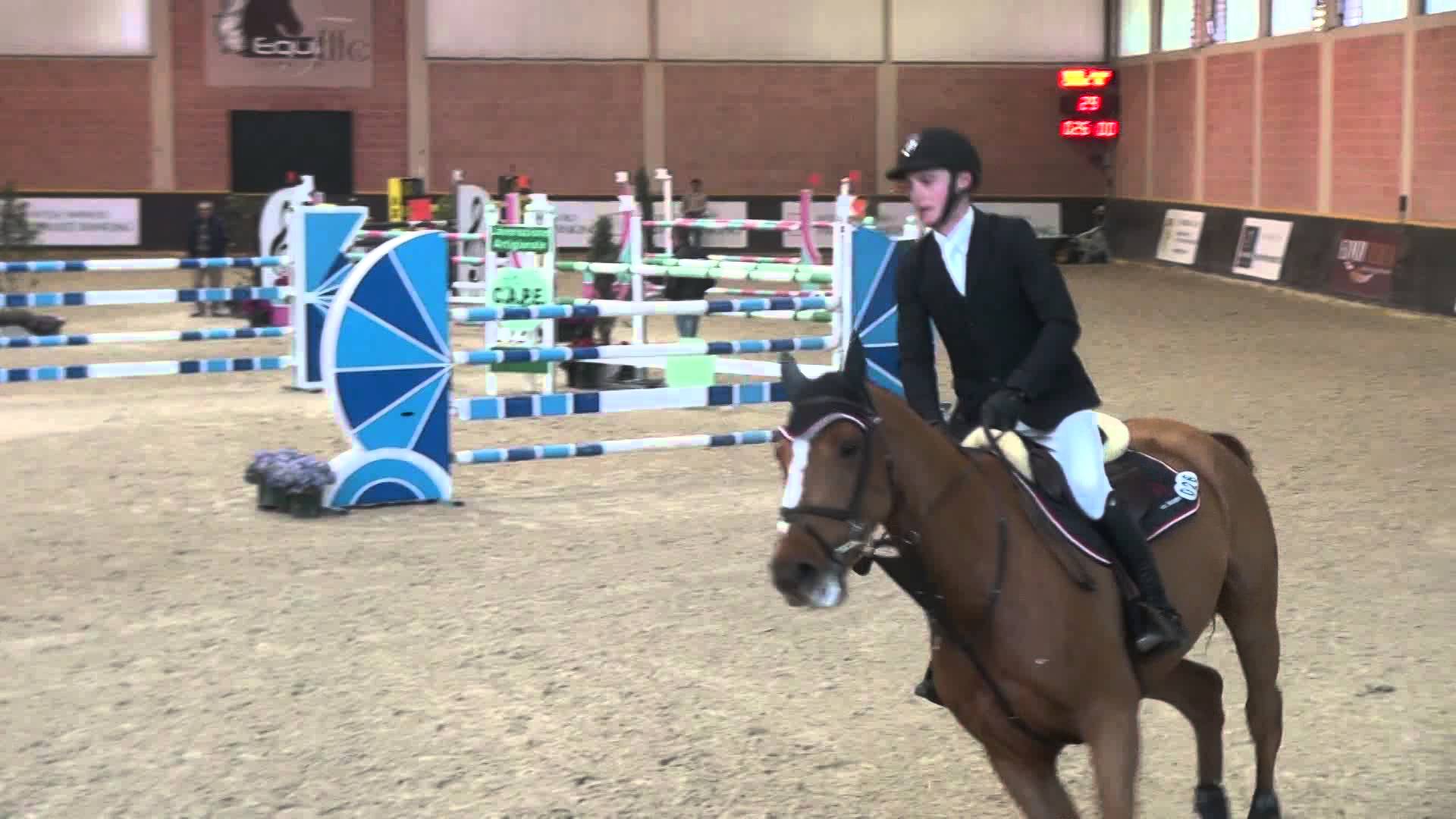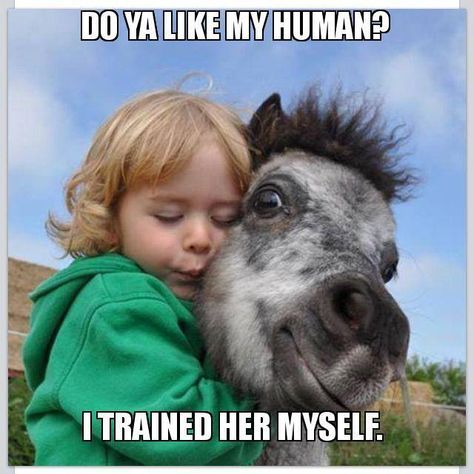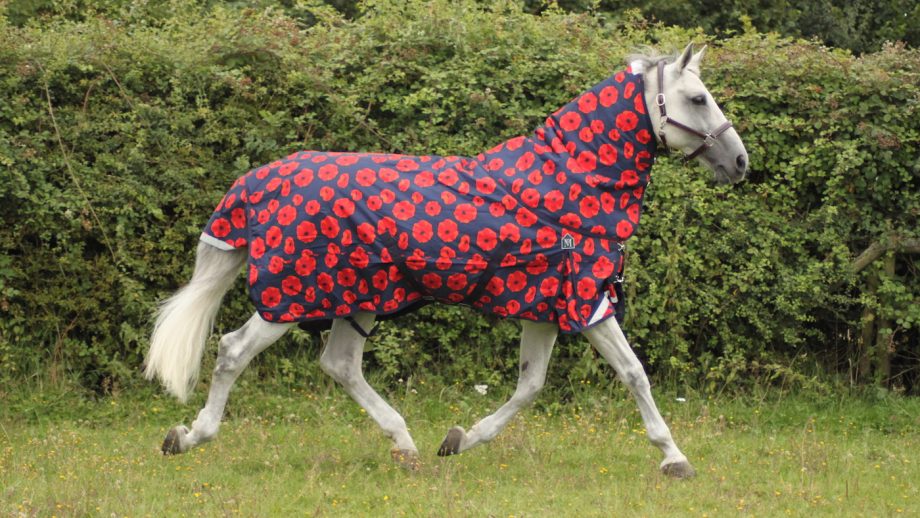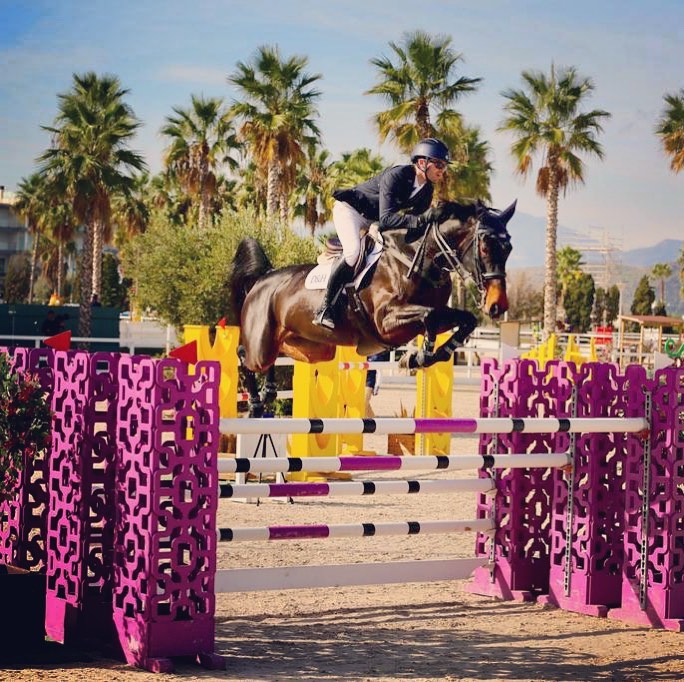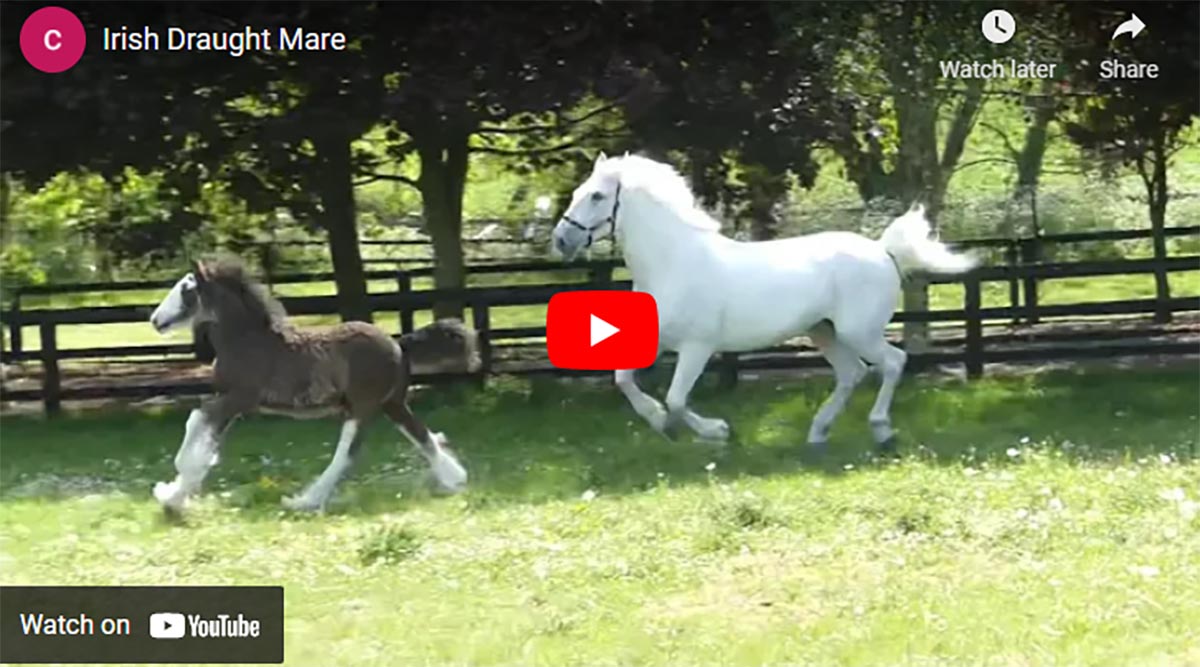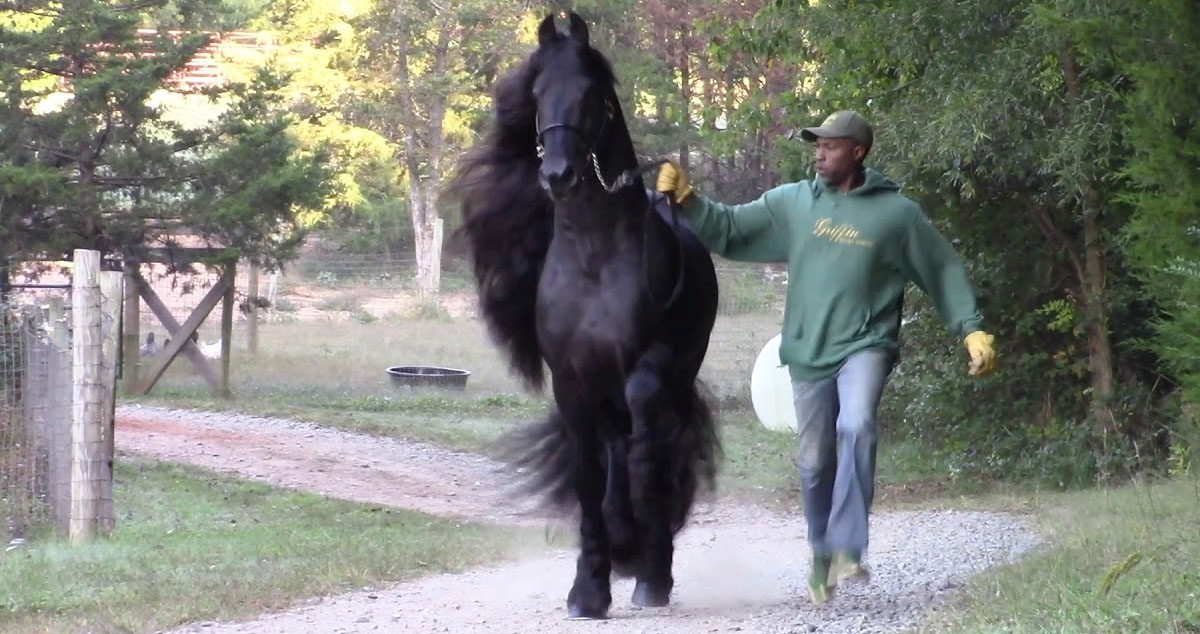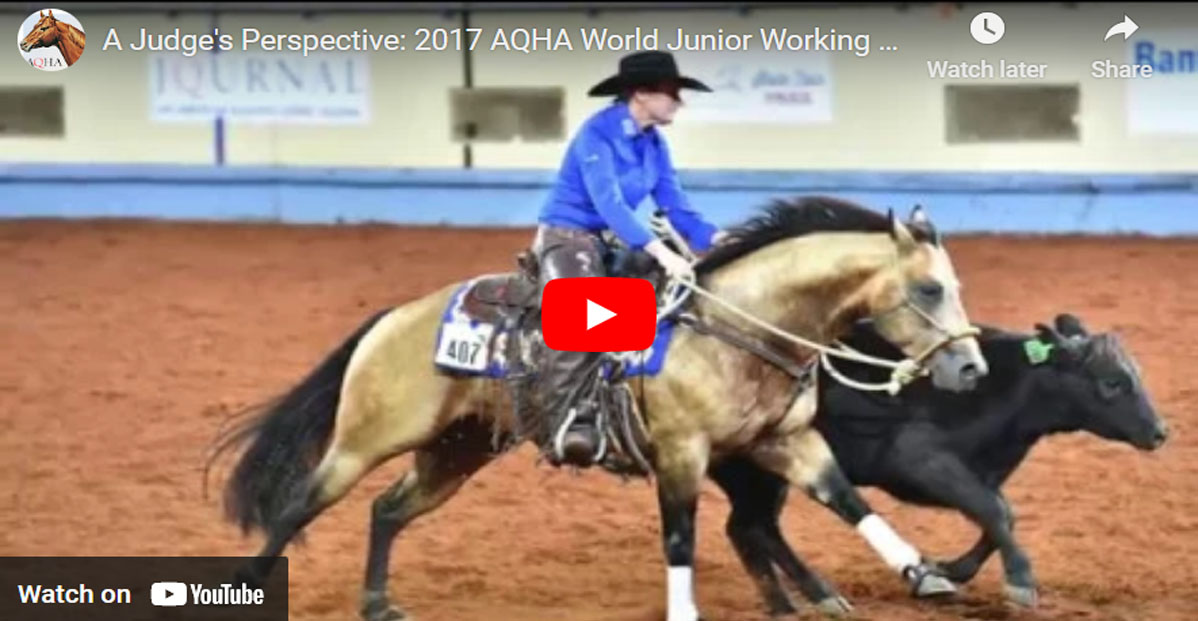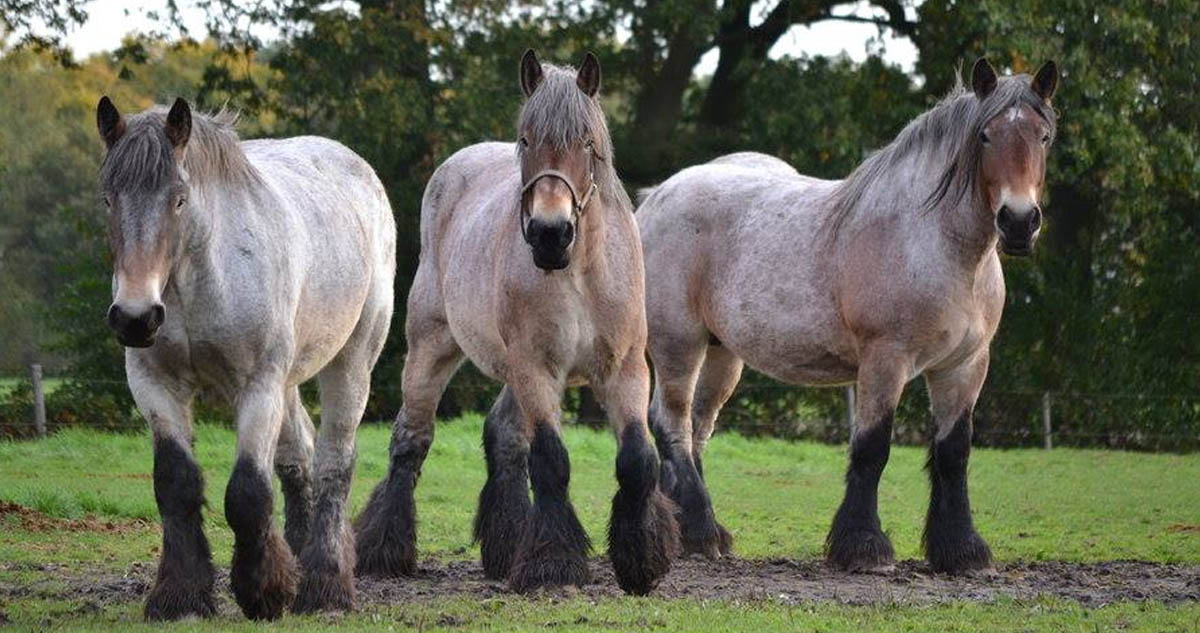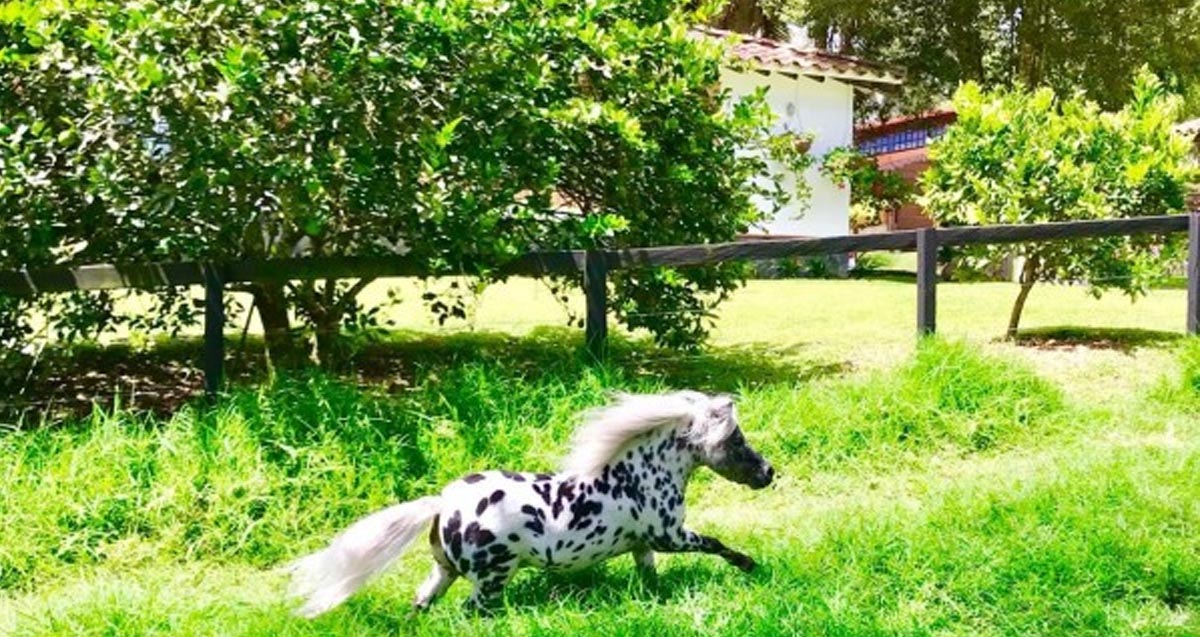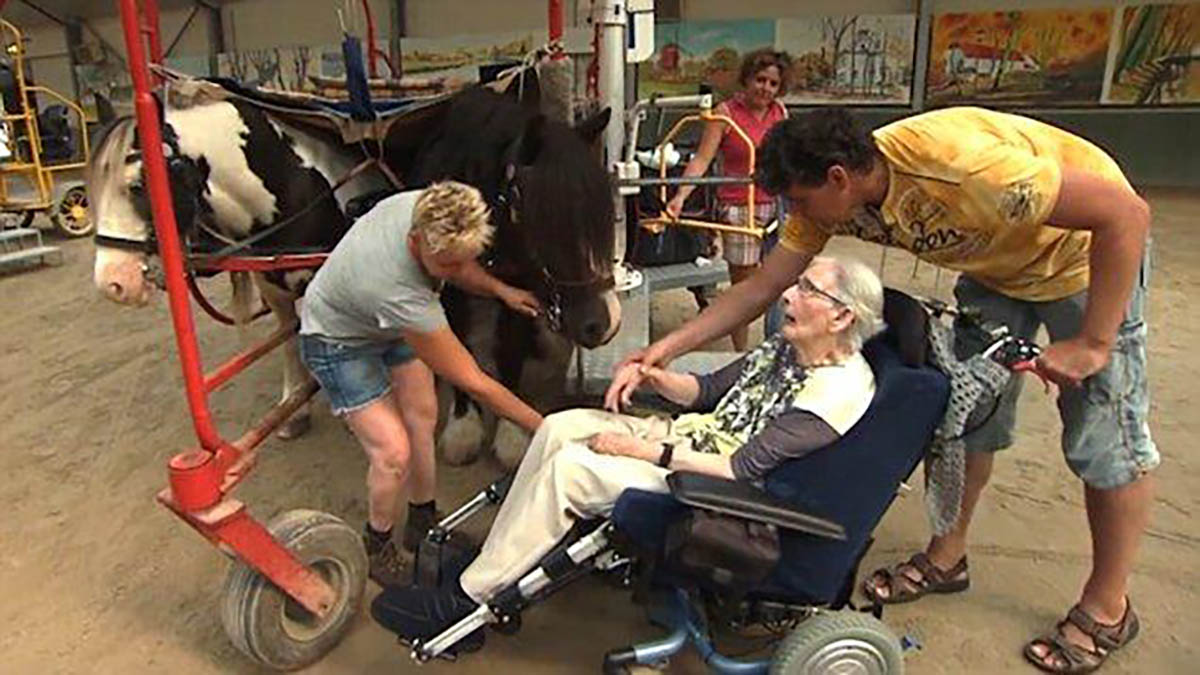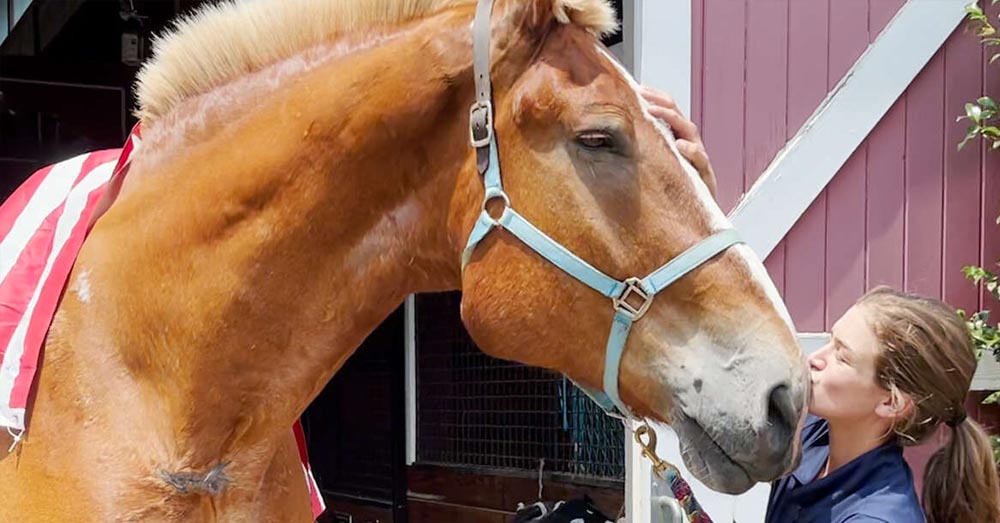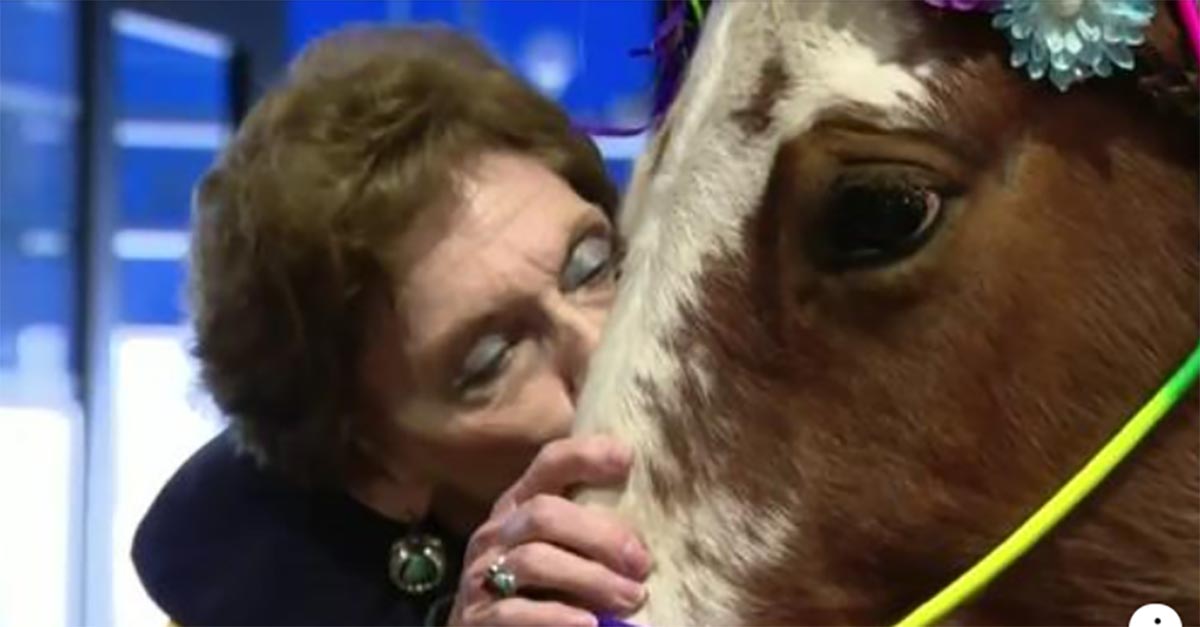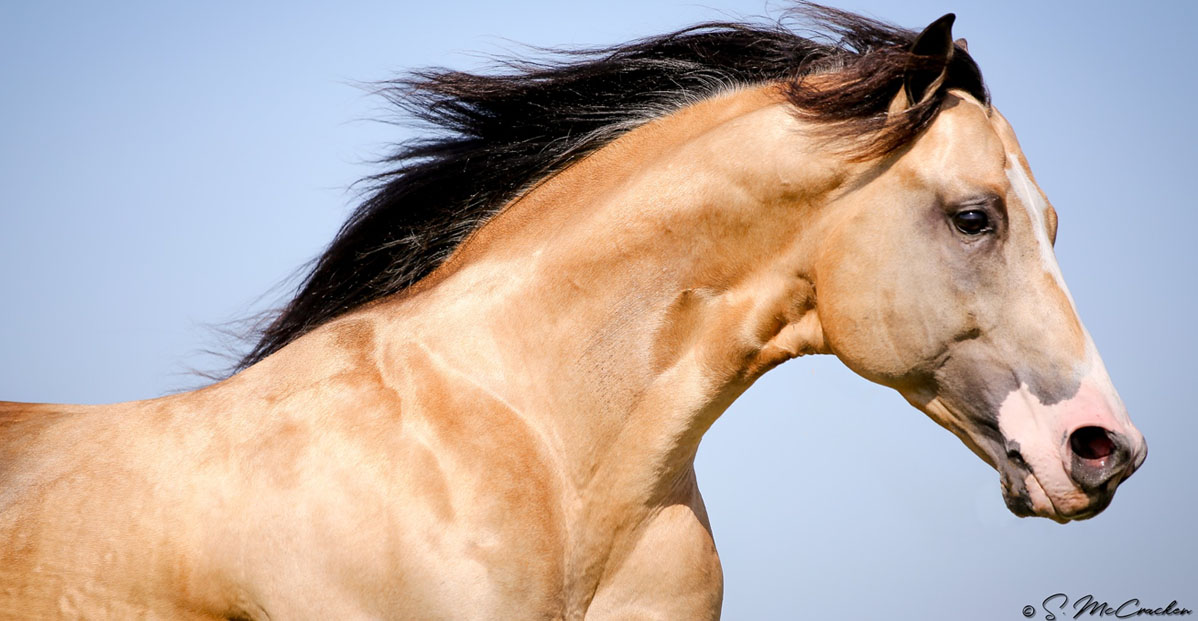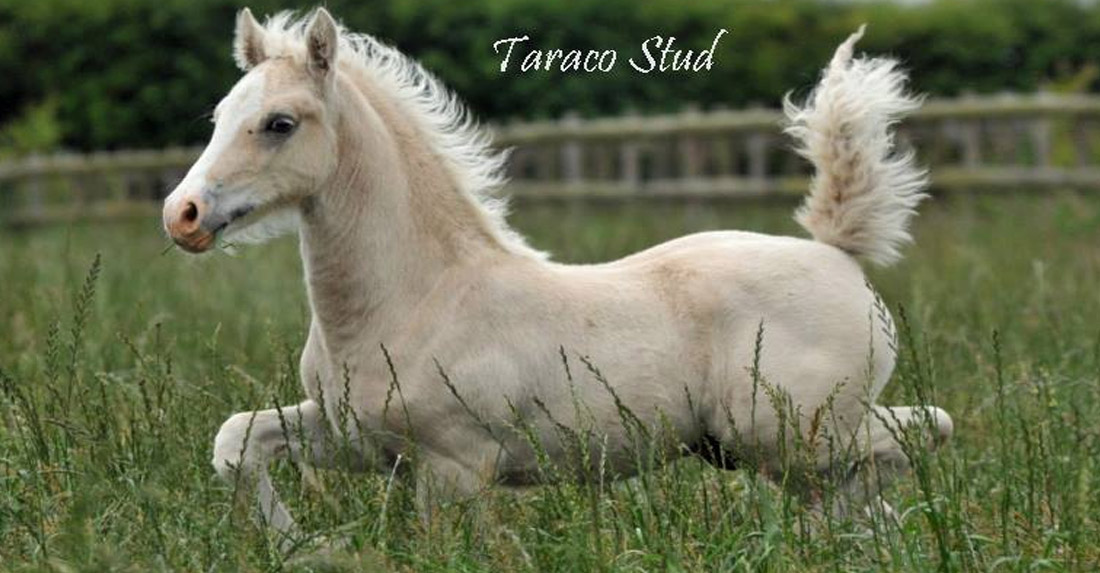Ringworm In Horses
# Ringworm in Horses: Causes, Symptoms, and Treatment
Ringworm is a common skin infection that can affect horses of all ages. While the name may suggest a parasitic worm, ringworm is actually caused by a fungus. In this blog post, we will discuss the causes, symptoms, and treatment options for ringworm in horses.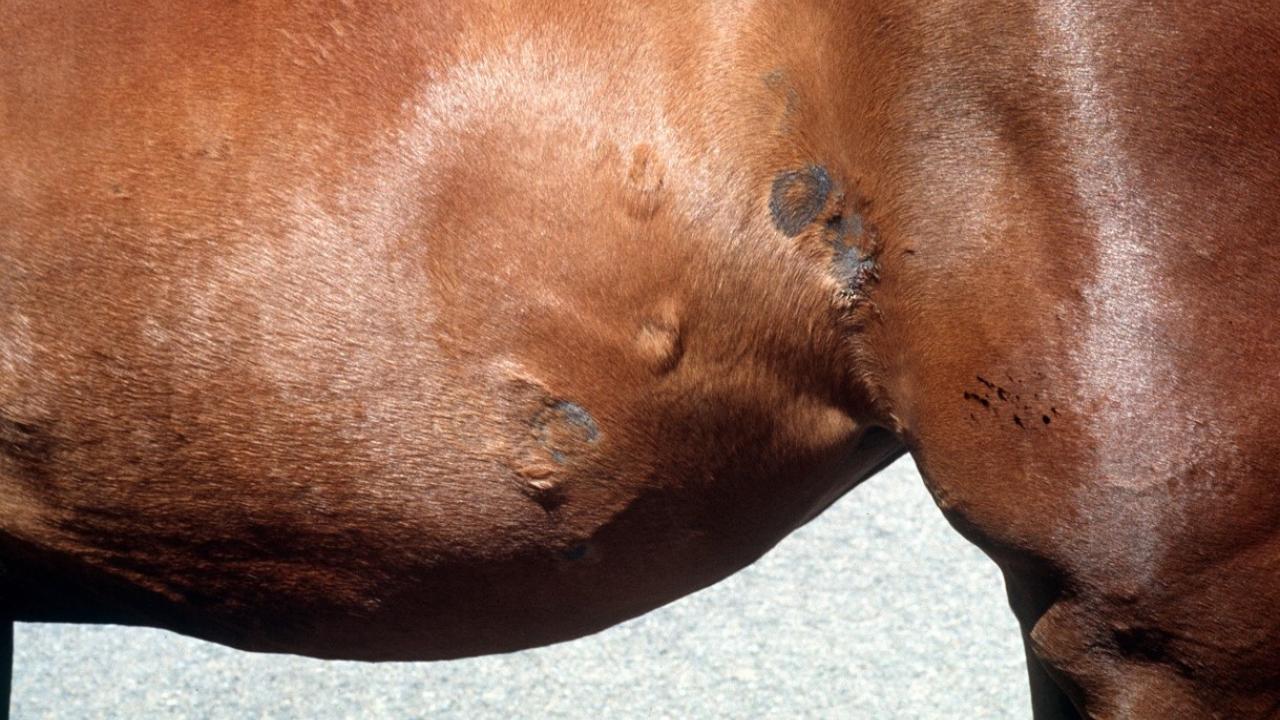
## What is Ringworm?
Ringworm, also known as dermatophytosis, is a contagious fungal infection that primarily affects the skin, coat, and occasionally the hooves of horses. The fungi responsible for ringworm belong to the dermatophyte family and can survive in the environment for an extended period, making it important to take appropriate measures to prevent its spread.## Causes of Ringworm
The most common fungal organisms that cause ringworm in horses include **Trichophyton equinum** and **Microsporum gypseum**. Horses can contract the infection from other infected animals or contaminated objects such as grooming tools, tack, or bedding.## Symptoms of Ringworm
The symptoms of ringworm in horses may vary, but some common signs to look out for include:* Circular patches of hair loss with scaly or crusty skin
* Itching and discomfort in affected areas
* Dull or brittle hair in the affected areas
* The presence of raised, red rings on the skin, which may or may not be itchy
* Lesions can appear anywhere on the body, but are most commonly found on the face, neck, and trunk
It is important to note that not all horses will show obvious signs of ringworm, especially in the early stages of infection.
## Diagnosis and Treatment for Ringworm
If you suspect that your horse may have ringworm, it is crucial to contact your veterinarian for a proper diagnosis. They may perform a thorough physical examination and collect skin samples for testing to confirm the presence of fungal organisms.## Treatment options may include:
1. **Topical Antifungal Medications**: In most cases, ringworm can be successfully treated with topical antifungal creams or shampoos. These medications should be applied directly to the affected areas as directed by your veterinarian.2. **Environmental Management**: To prevent the spread of the infection and reinfection, it is essential to clean and disinfect all grooming tools, tack, bedding, and other items that may have come into contact with the infected horse. Regularly washing and disinfecting your horse`s living area is also important.
3. **Isolation**: Infected horses should be isolated from healthy horses to prevent the spread of ringworm. It is advisable to maintain isolation until the horse has fully recovered and tested negative for the fungus.
4. **Supportive Care**: Proper nutrition and management practices are important in supporting a horse`s immune system and overall health, which can aid in their recovery from ringworm.
## Prevention and Biosecurity Measures
Preventing the spread of ringworm is crucial in maintaining the health of your horses. Here are some preventive measures to consider:* **Quarantine**: When introducing new horses to the facility, it is important to quarantine them for a period of time to monitor for signs of illness, including ringworm.
* **Good Hygiene Practices**: Regularly clean and disinfect grooming tools, tack, and other shared equipment. Avoid sharing items between horses.
* **Proper Ventilation**: Adequate airflow and ventilation in stables and barns can help reduce the growth of fungi and improve overall equine health.
* **Early Detection**: Promptly identify any potential cases of ringworm and seek veterinary care to prevent further spread.
Ringworm is a common fungal infection that can affect horses of all ages. By being vigilant, practicing good biosecurity measures, and seeking prompt veterinary care, we can help prevent and treat ringworm in our equine companions. Prevention, early detection, and appropriate treatment are essential in maintaining the health and well-being of our horses.



